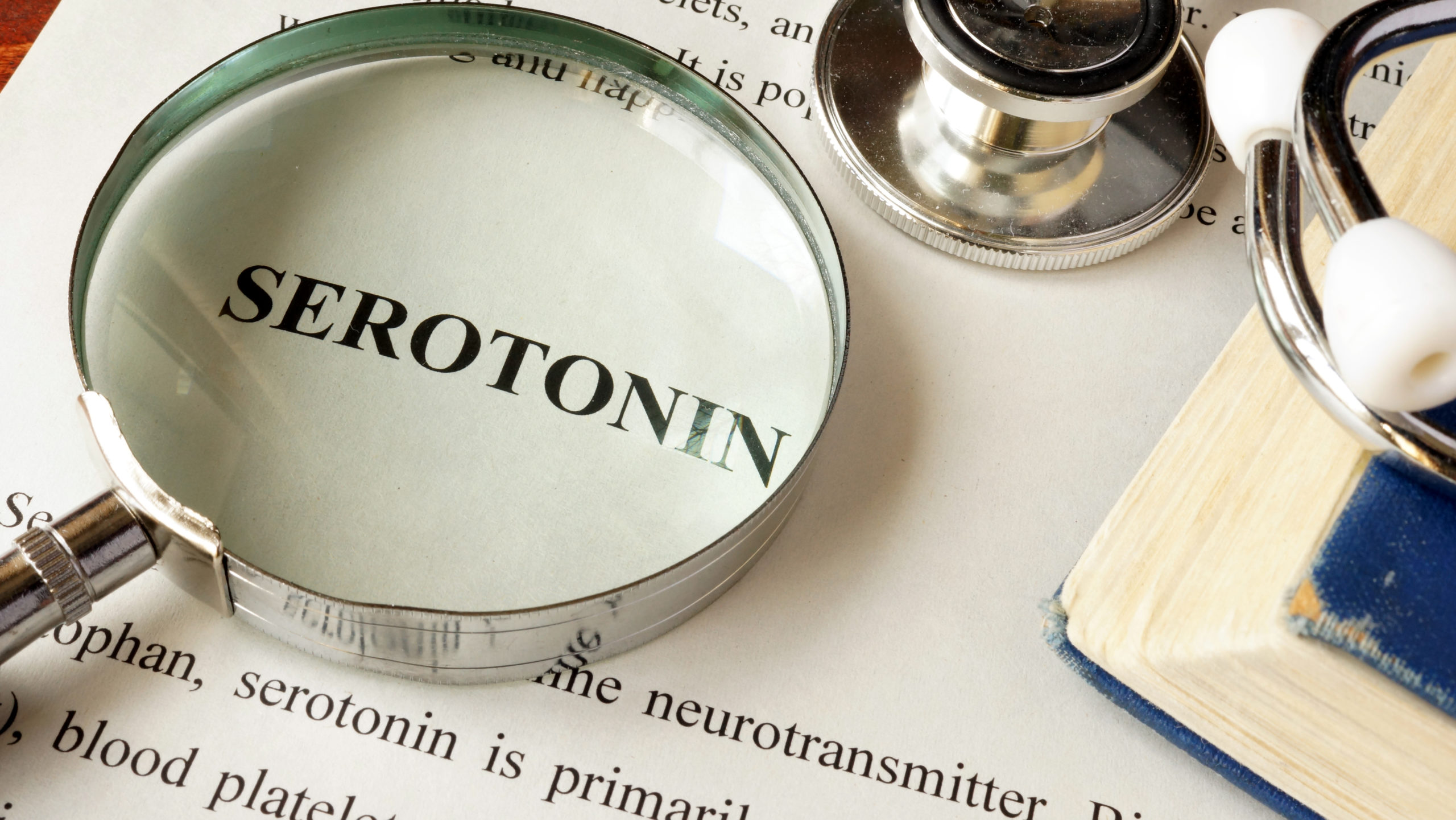You’re feeling down, stressed, and mentally drained. Ever wondered why? Your body’s NAD+ levels could be the culprit. This vital molecule influences your mood and mental well-being more than you’d think. In this article, we’ll dive into the science behind NAD+, how it affects your mood, and what happens when there’s a deficiency. You’ll also learn ways to boost your NAD+ for better mental health.
Understanding the Role of NAD+ in the Human Body
It’s crucial to understand the role of NAD+ in our bodies as it directly impacts our mood and mental well-being. Being an essential coenzyme found in every cell, NAD+ is central to metabolism. It assists in turning nutrients into energy as a key player in metabolism and works as a helper molecule for proteins that regulate other biological activities.
These processes are fundamental for cellular resilience, which refers to your cells’ ability to adapt and respond effectively to stressors. When you’re stressed, physically or emotionally, NAD+ levels can decrease. This depletion can impact various metabolic reactions affecting both your physical and mental states.
NAD+ metabolism plays a vital role here as it regulates the synthesis and repair of DNA, the expression of genes, and the activity of enzymes involved in cell survival pathways. In relation to mood and mental health, researchers suggest that adequate NAD+ levels could support brain functions such as cognition by maintaining neuronal health and resilience.

The Link Between NAD+ and Mood Regulation
There’s a significant connection between this coenzyme and how our emotions are regulated. NAD+ plays an integral role in the production of serotonin, a neurotransmitter vital to mood regulation. So, when there’s an imbalance in your NAD+ levels, it can directly impact your emotional well-being.
Let’s delve into how NAD+ supplementation can potentially boost your mood:
* It aids in Serotonin production
* Serotonin is often referred to as the ‘feel-good hormone’. This neurotransmitter regulates mood, social behavior, appetite, digestion, sleep and memory.
* An increase in serotonin levels can alleviate symptoms of depression and anxiety.
* It enhances energy metabolism
* Higher levels of NAD+ enhance mitochondrial function which leads to improved energy metabolism.
* When you’re energetic and active, you’re less likely to feel down or depressed.
How NAD+ Contributes to Mental Well-being

Understanding how this coenzyme contributes to our emotional health isn’t just fascinating, it’s potentially life-changing. As we age, our bodies’ natural production of NAD+ diminishes. This decrease can impact the functioning of neurotransmitters, which are essential for maintaining mental well-being.
That’s where NAD+ supplementation comes in. By taking an active role in replenishing your body’s supply, you’re directly supporting brain function and mood regulation. NAD+ plays a critical role in cellular metabolism and energy production – both vital for brain function.
Moreover, research shows that NAD+ supplementation can help offset the aging effects on our emotional health by maintaining neuronal integrity and function. It’s involved in DNA repair and supports healthy inflammation responses – both crucial for preventing mood disorders associated with aging.
In essence, boosting your NAD+ levels through supplementation could be a proactive step towards preserving your mental well-being as you age. However, remember it’s always important to consult with healthcare professionals before starting any new supplement regimen.
The Impact of NAD+ Deficiency on Mental Health
A deficiency in this vital coenzyme can significantly impact your emotional health, leading to issues like depression and anxiety. NAD+ deficiency symptoms aren’t always immediately apparent, but they’re insidious and can undermine your mental well-being over time.
Here’s how a lack of NAD+ could be quietly damaging your mental health:
– Depression: Low levels of NAD+ may contribute to depressive symptoms by disrupting the balance of neurotransmitters in your brain.
– You might feel persistently sad or lose interest in activities you once enjoyed.
– Anxiety: A dip in NAD+ can affect your body’s stress response, potentially triggering anxiety disorders.
– You might feel restless or have trouble concentrating on anything besides your worries.
– Cognitive Dysfunction: Reduced NAD+ levels could impair neuroplasticity, impacting memory and learning capabilities.
– You might experience difficulty remembering information or struggle with tasks that require mental flexibility.
Your diet plays a pivotal role too. Dietary impact on NAD+ is significant; certain nutrients help produce and maintain it. A balanced diet rich in these nutrients can support optimal NAD+ levels, defending against these debilitating conditions and promoting better mental health overall.
Ways to Boost NAD+ Levels for Enhanced Mood and Well-being
You’ll find various strategies that can enhance your levels of this crucial coenzyme, potentially uplifting your spirits and overall health. Let’s delve into the science behind NAD+ dietary sources and NAD+ supplementation.
Firstly, certain foods are rich in niacin (vitamin B3), a precursor to NAD+. Consuming more of these-like chicken, tuna, peanuts, and avocado-can help boost your body’s production of NAD+. You’re also going to want to include foods high in tryptophan, like turkey and cheese. Your body can convert this essential amino acid into niacin.
However, diet alone may not suffice for optimal results. That’s where NAD+ supplementation comes in. These supplements primarily contain nicotinamide riboside (NR) or nicotinamide mononucleotide (NMN), precursors that are directly converted into NAD+. It’s important you consult with a healthcare professional before starting any supplement regime though. They can guide you on appropriate dosages and potential side effects based on your individual needs and medical history.
Increasing your intake through dietary sources or supplementation could lead to improved mood and mental well-being by replenishing depleted levels of this vital coenzyme. So give it a shot!
Frequently Asked Questions
Are There Any Side Effects of Increasing Nad+ Levels in the Body?
Yes, you might experience side effects from increasing NAD+ levels. Overindulgence can lead to allergies and other consequences. It’s essential to maintain a balance for your body to function optimally. Always consult a doctor first.
Can Nad+ Supplements Interact With Other Medications?
Yes, NAD+ supplements can interact with other medications. They might exacerbate NAD+ allergies and potentially lead to medication resistance. Always consult your doctor before starting any new supplement regimen to avoid complications.
How Do Lifestyle Factors Such as Diet and Exercise Impact Nad+ Levels in the Body?
Your diet and exercise habits directly impact your NAD+ levels. Eating nutrient-rich foods and staying active can increase these levels. Proper sleep quality and hydration also play crucial roles in maintaining optimal NAD+ balance.
Are There Any Specific Age Groups That Are More Affected by Nad+ Deficiency?
You’re likely to see NAD+ deficiency symptoms more in older age groups. However, even adolescents aren’t immune. Their rapidly growing bodies can deplete NAD+ levels, potentially impacting their mood and mental well-being.
Is There a Connection Between Nad+ Levels and Other Mental Health Disorders Like Anxiety or Bipolar Disorder?
Indeed, NAD+ levels can influence mental health disorders like anxiety or bipolar. Your genetic makeup might affect your NAD+ levels, highlighting the therapeutic potential of NAD+ in managing these conditions.
